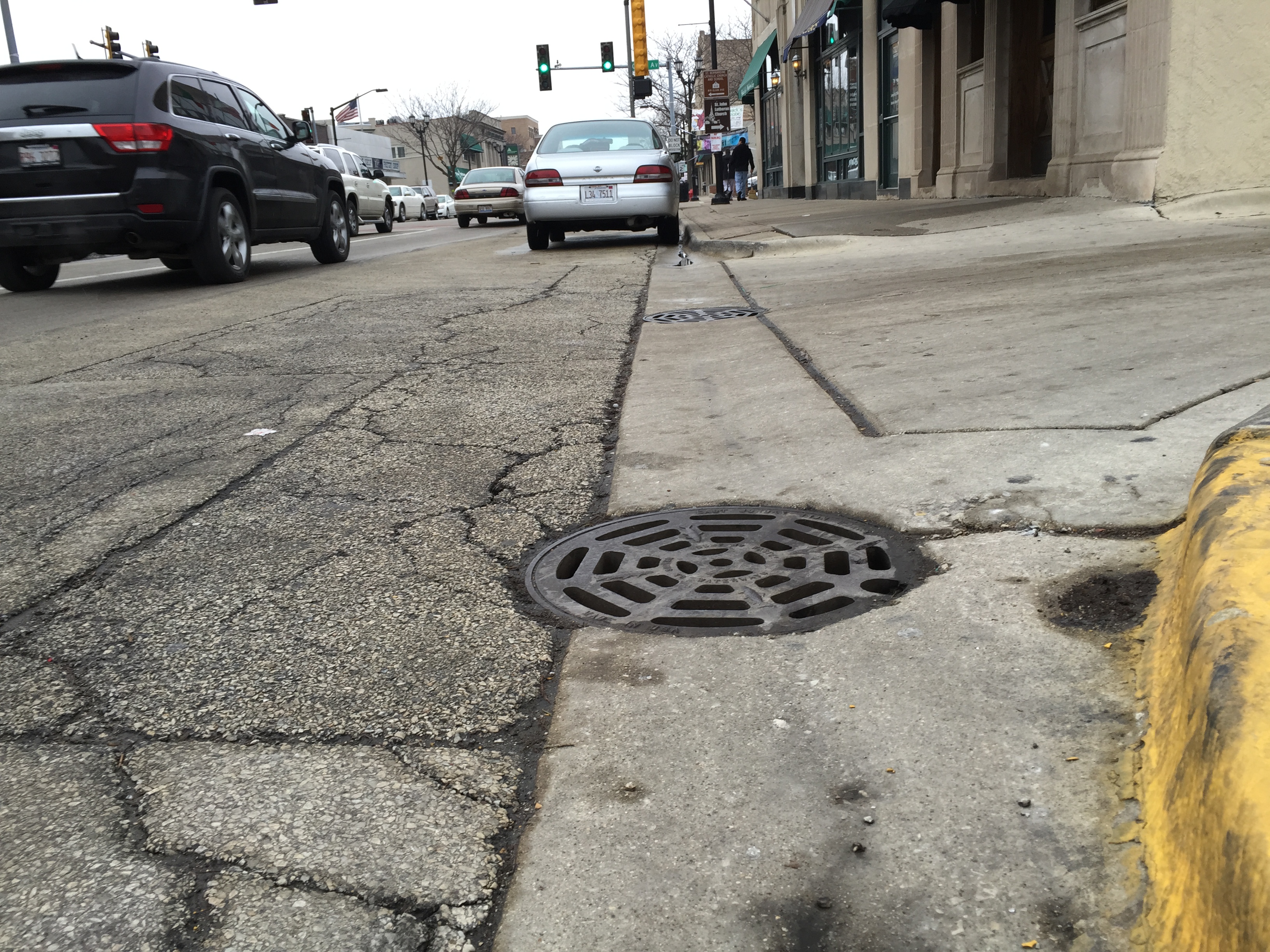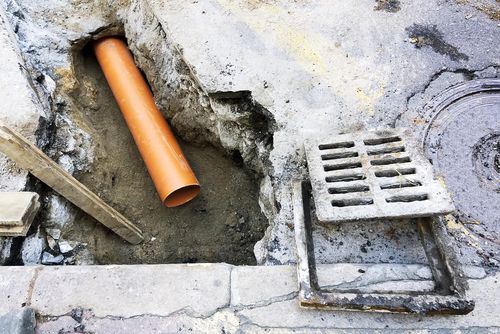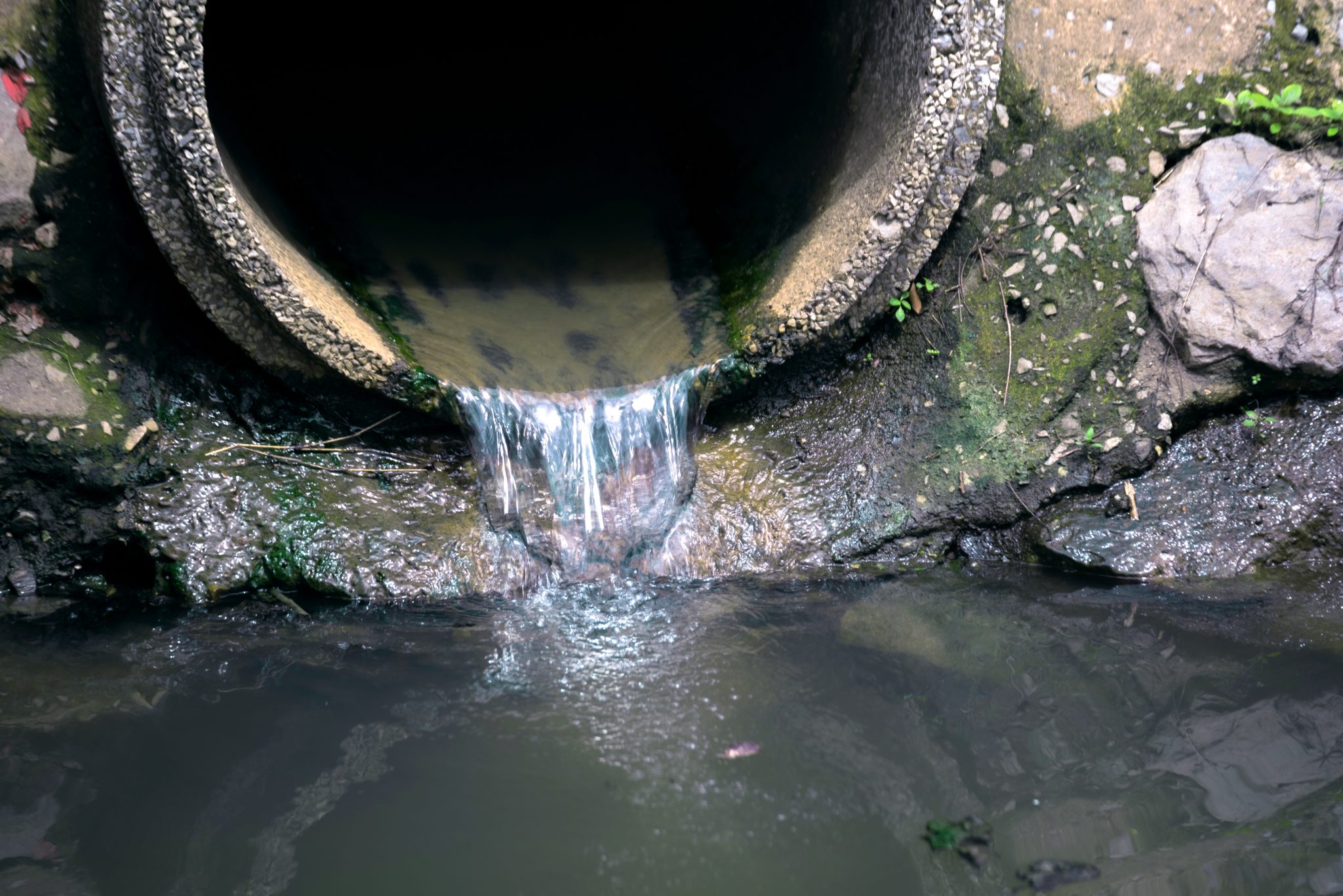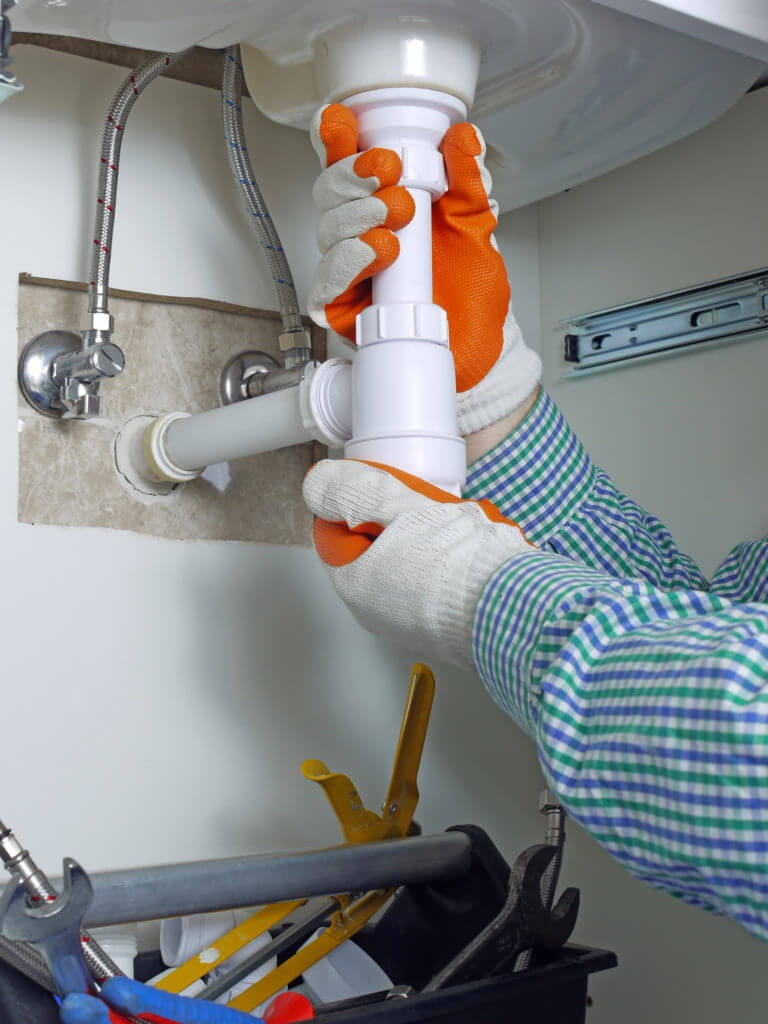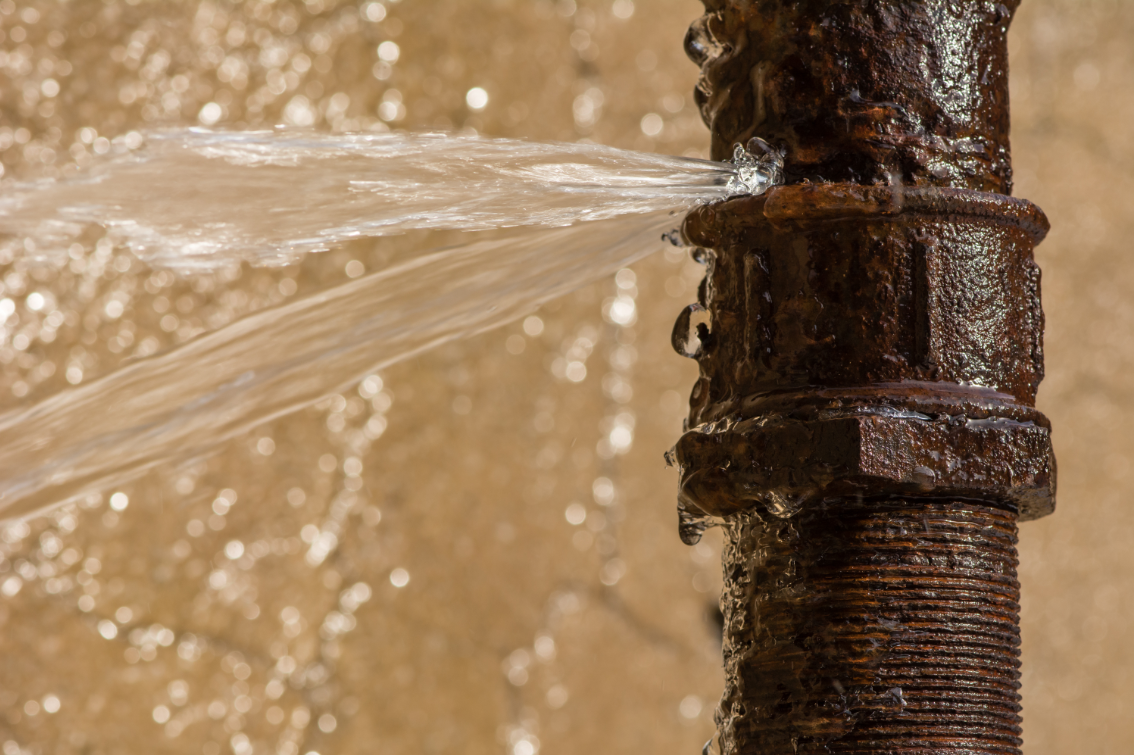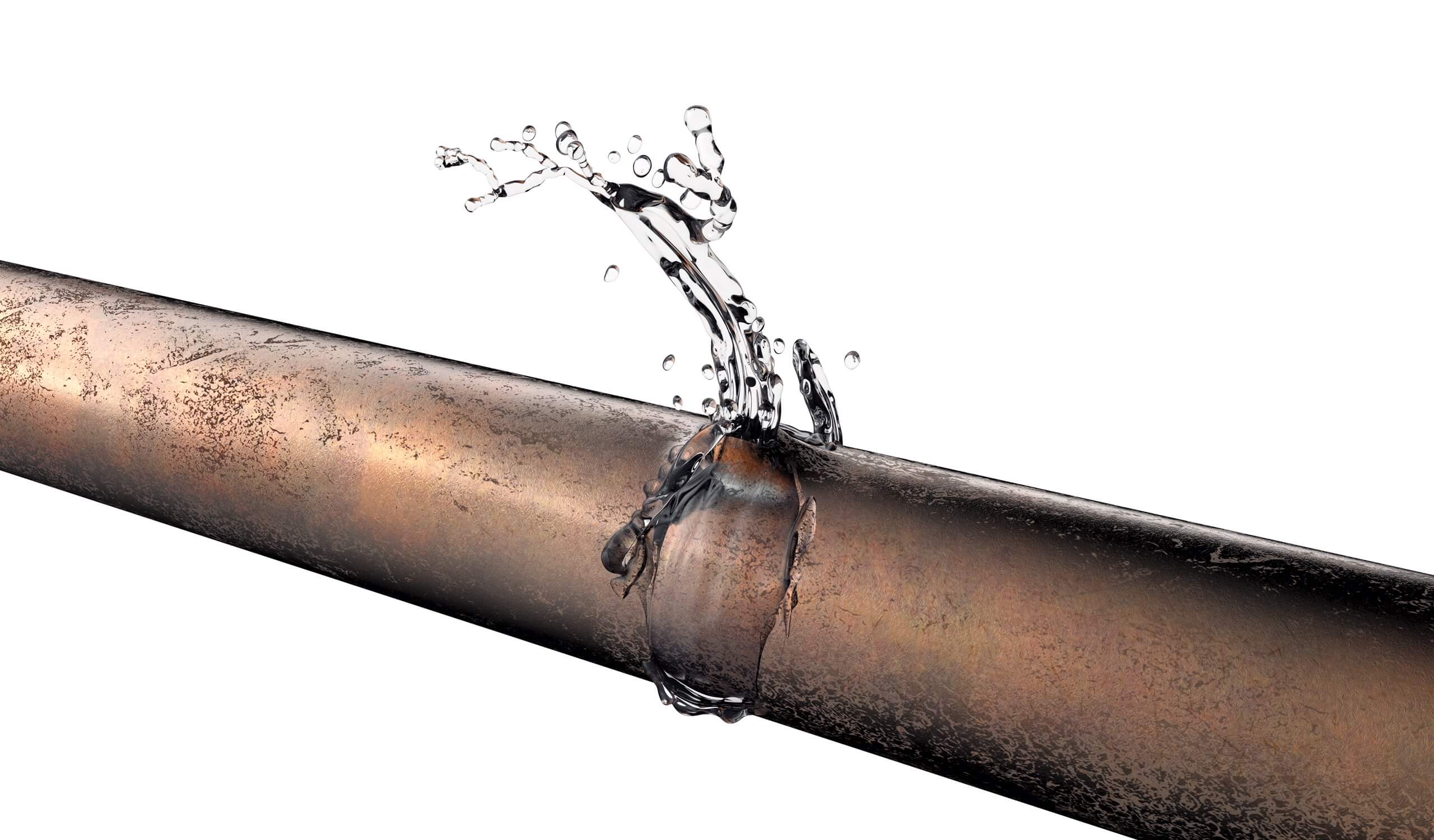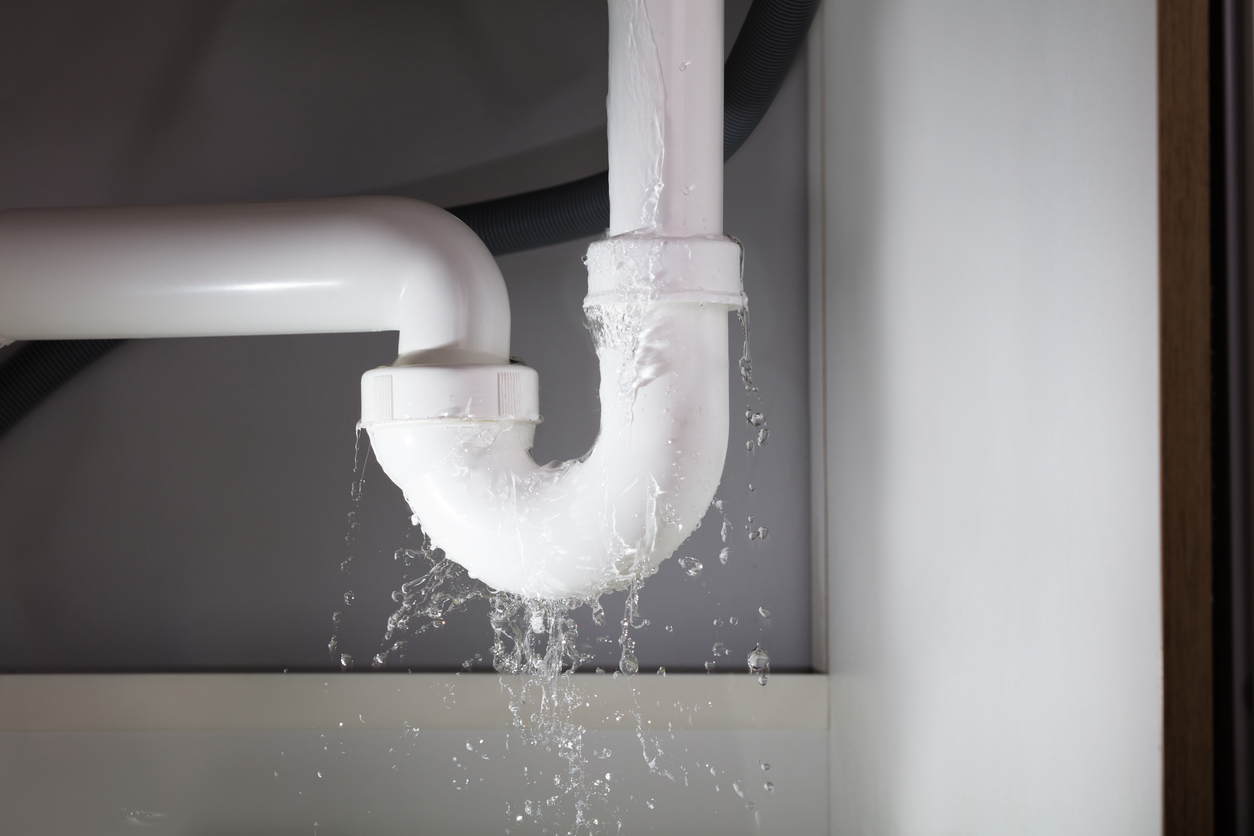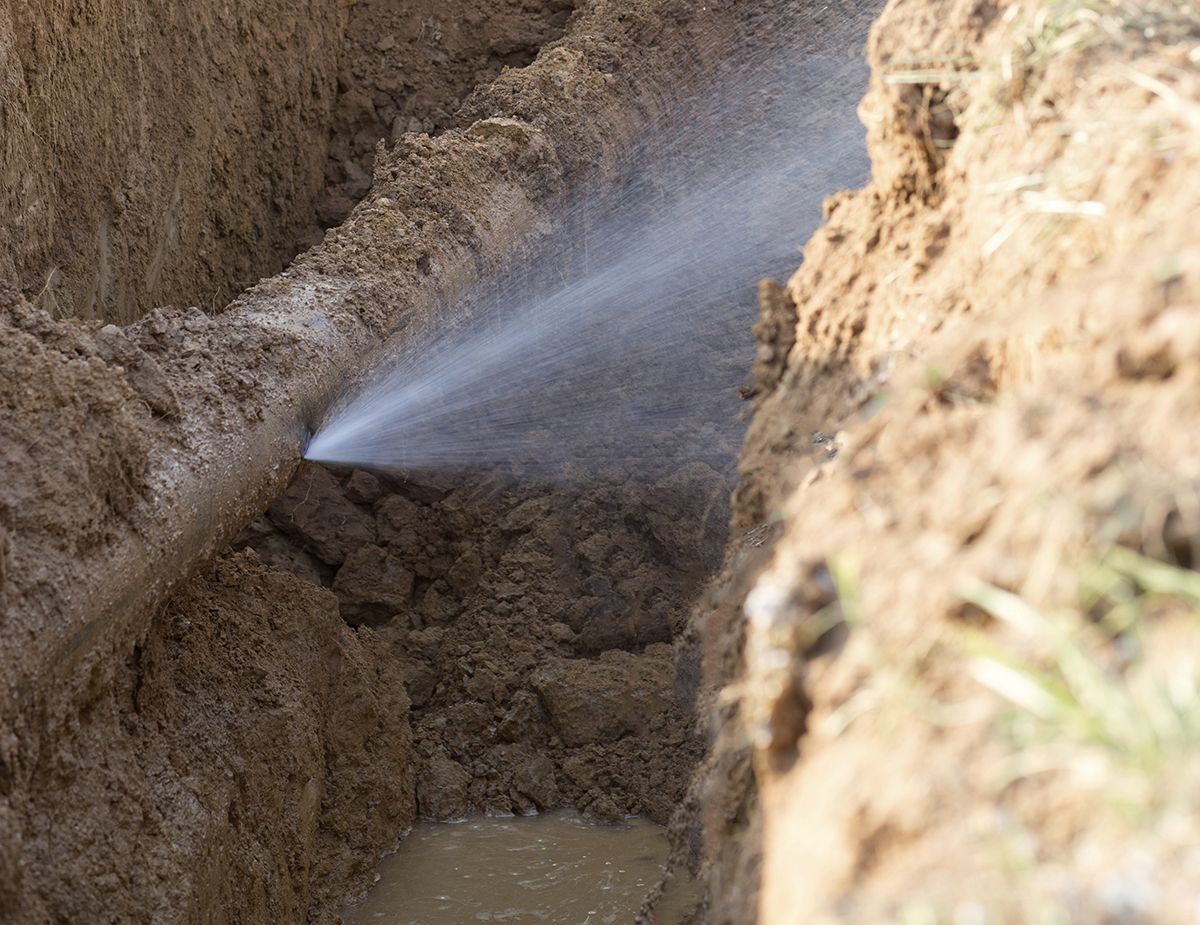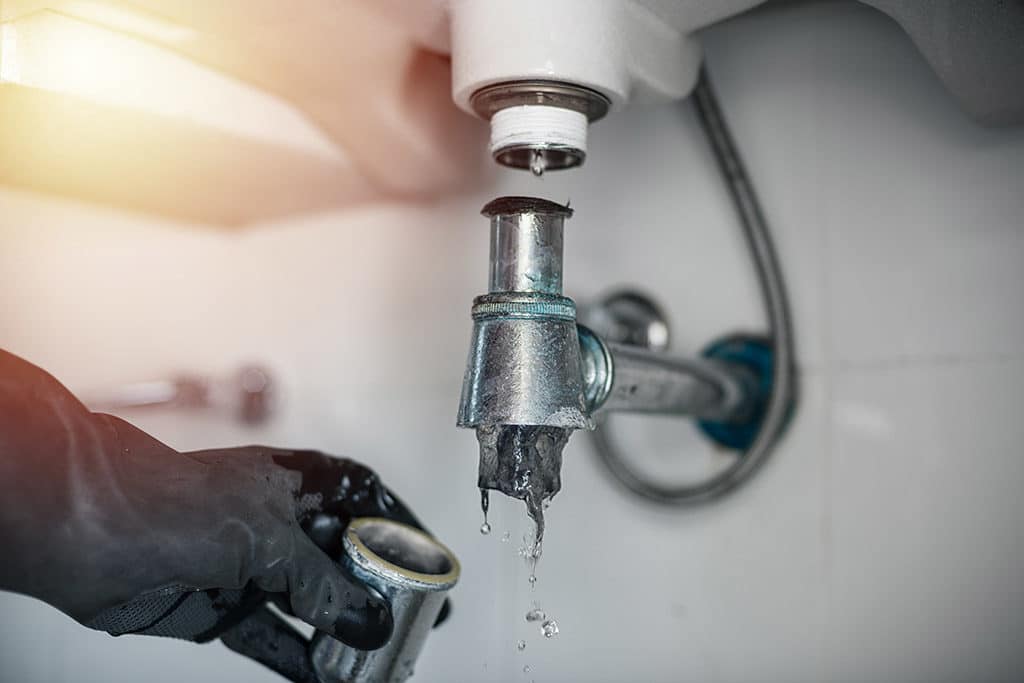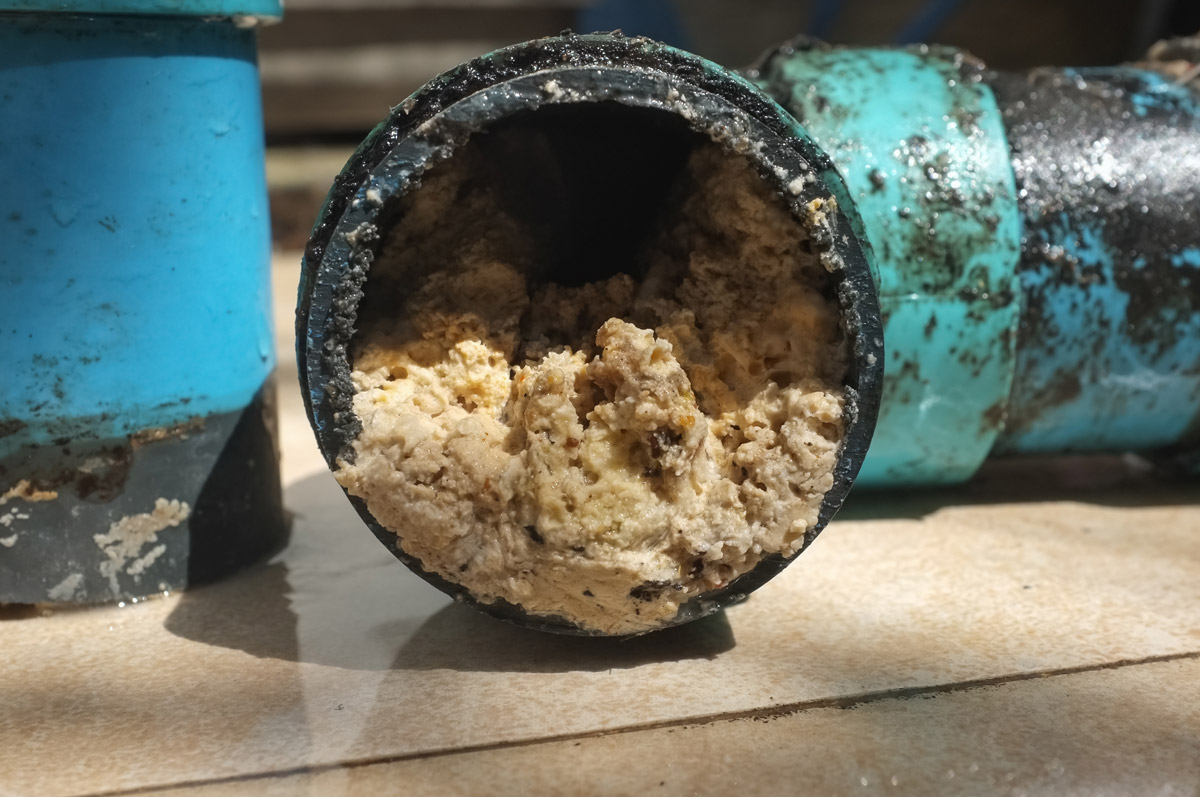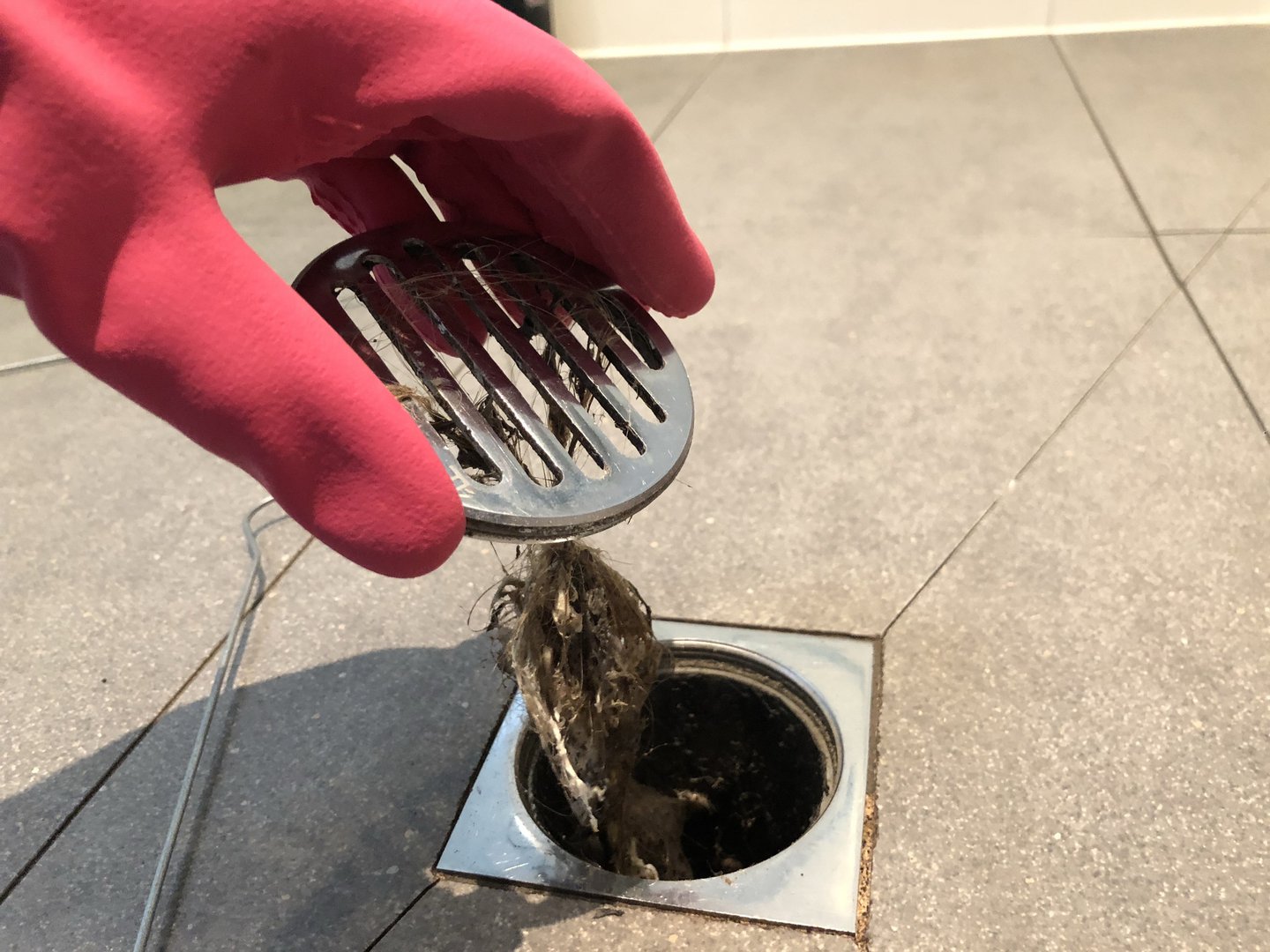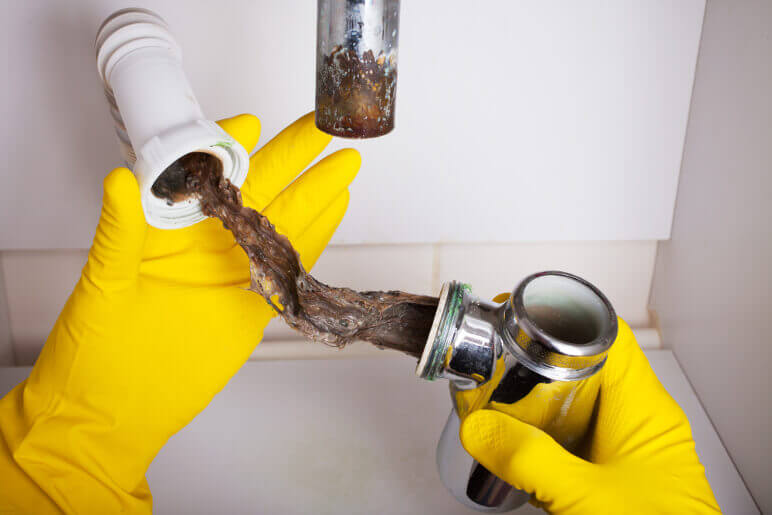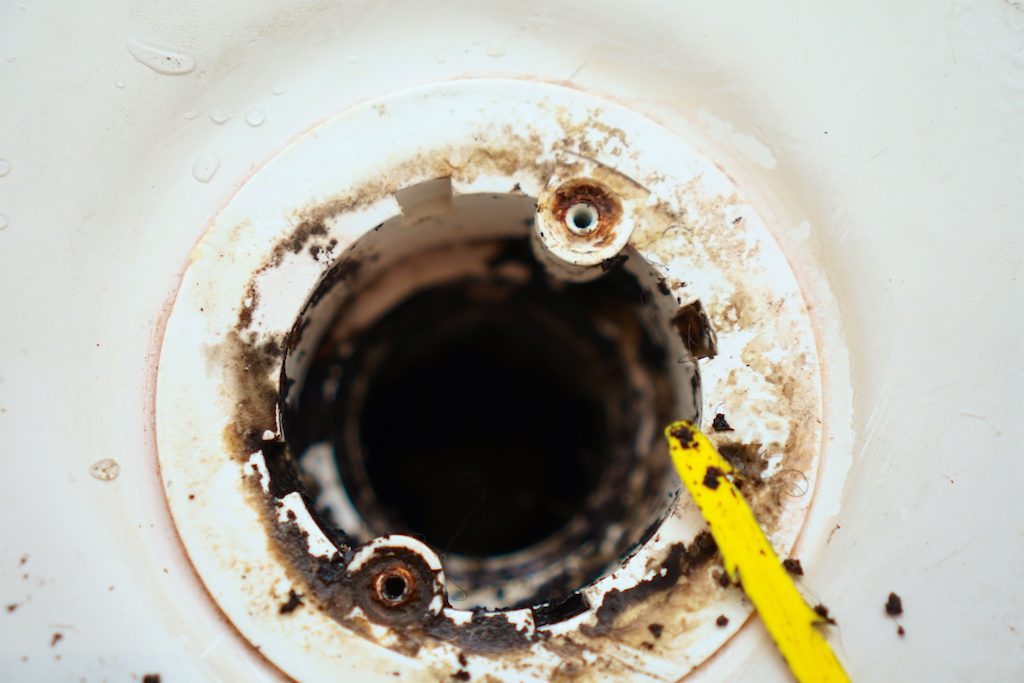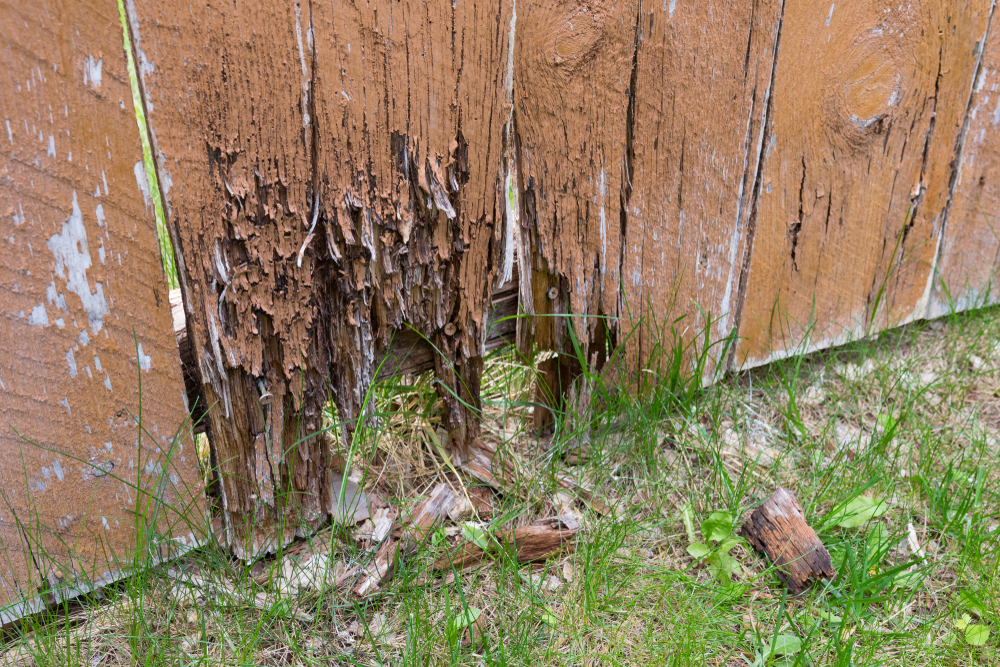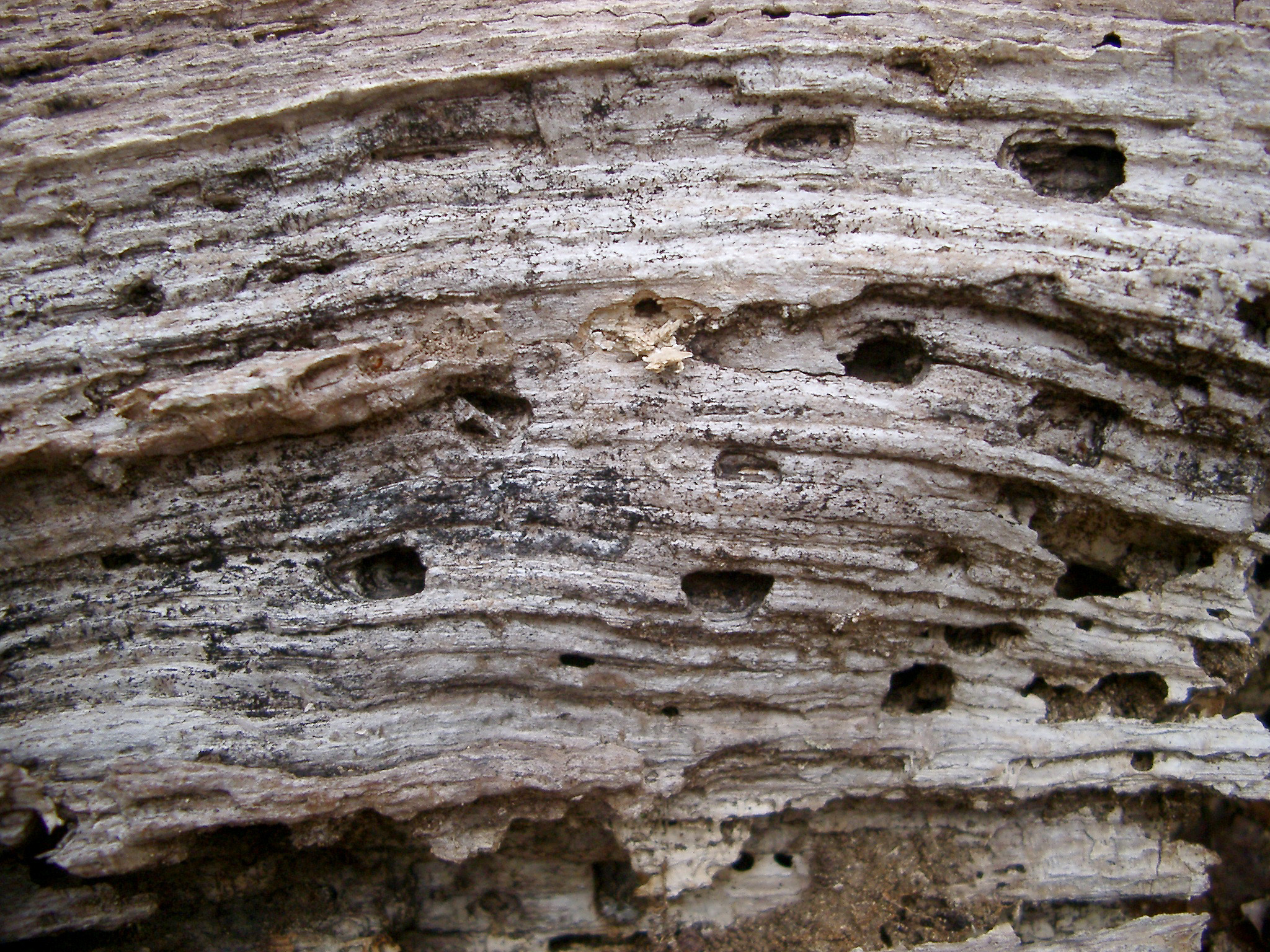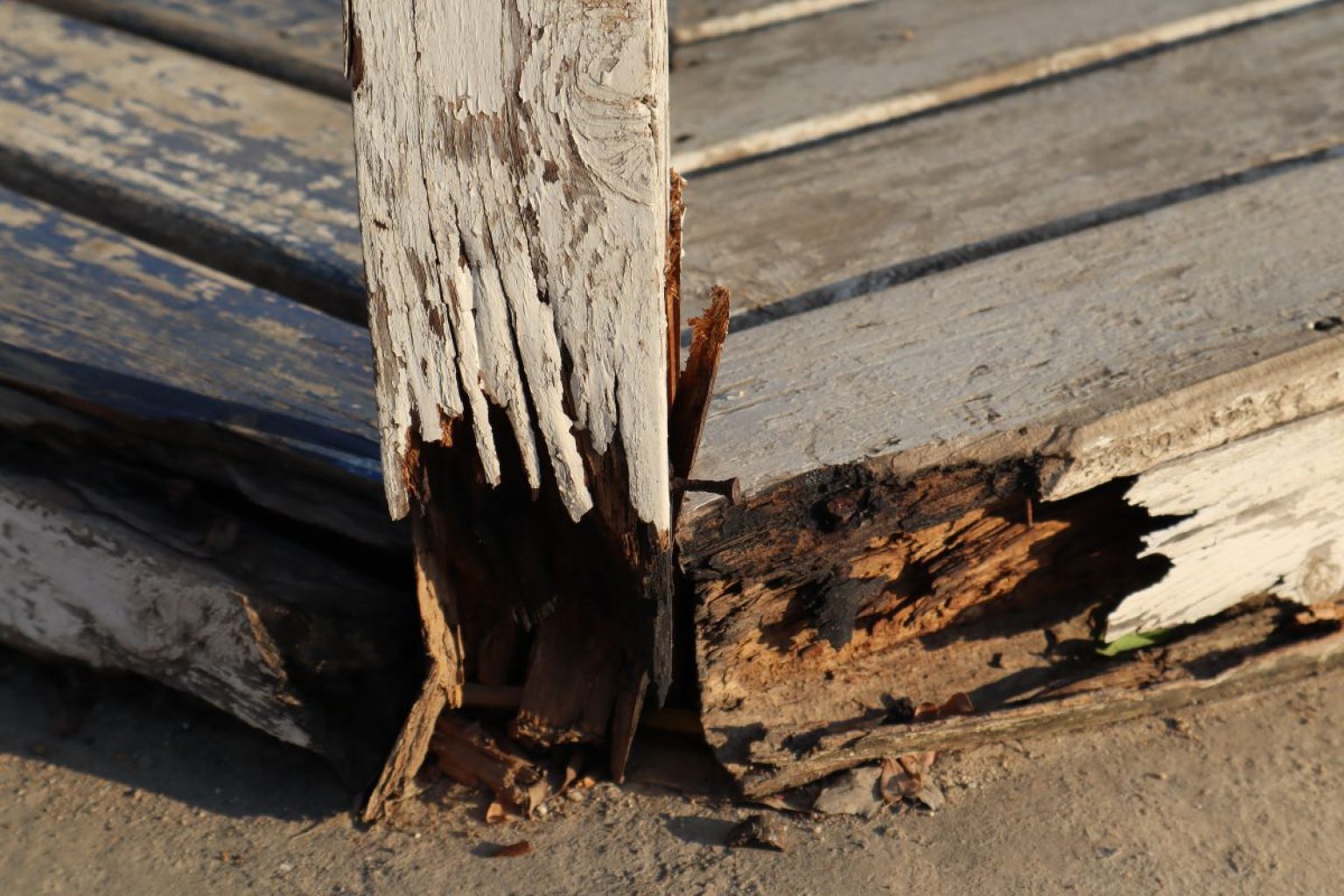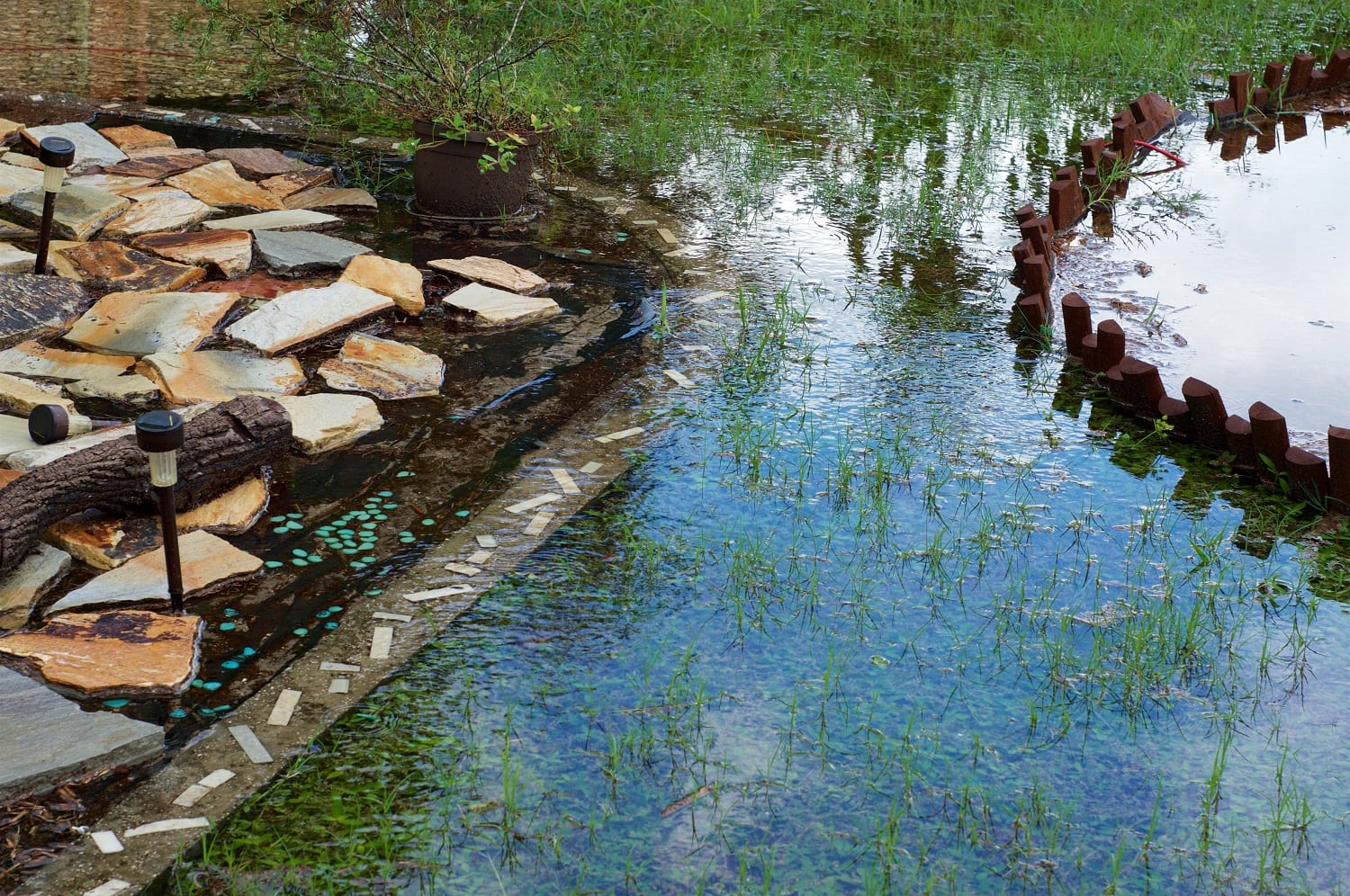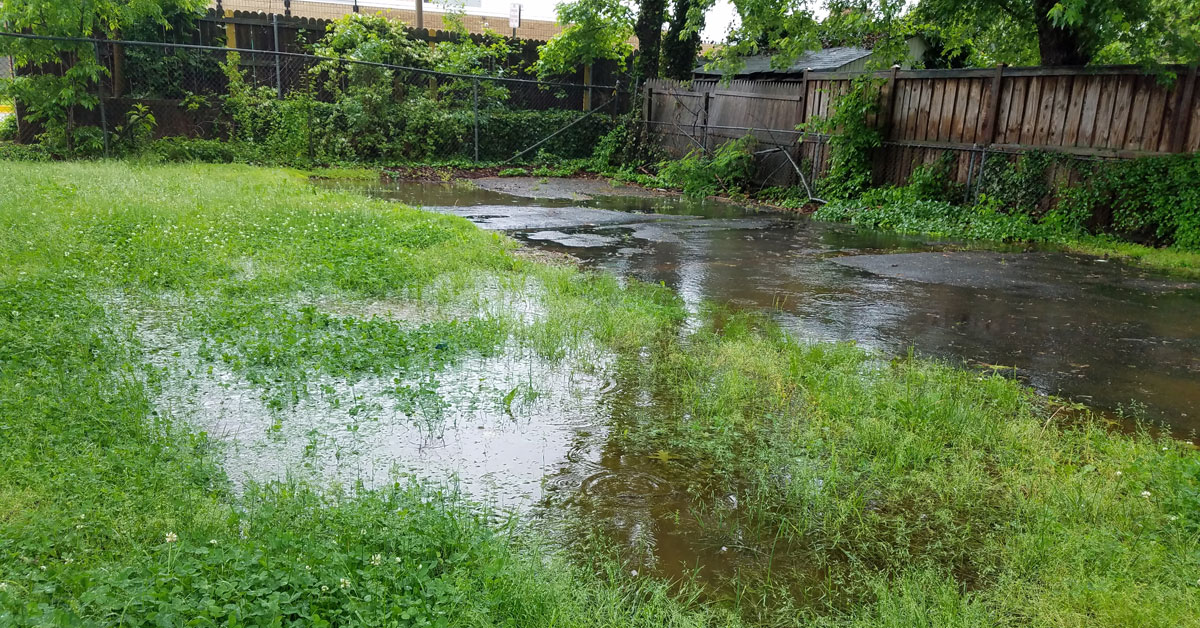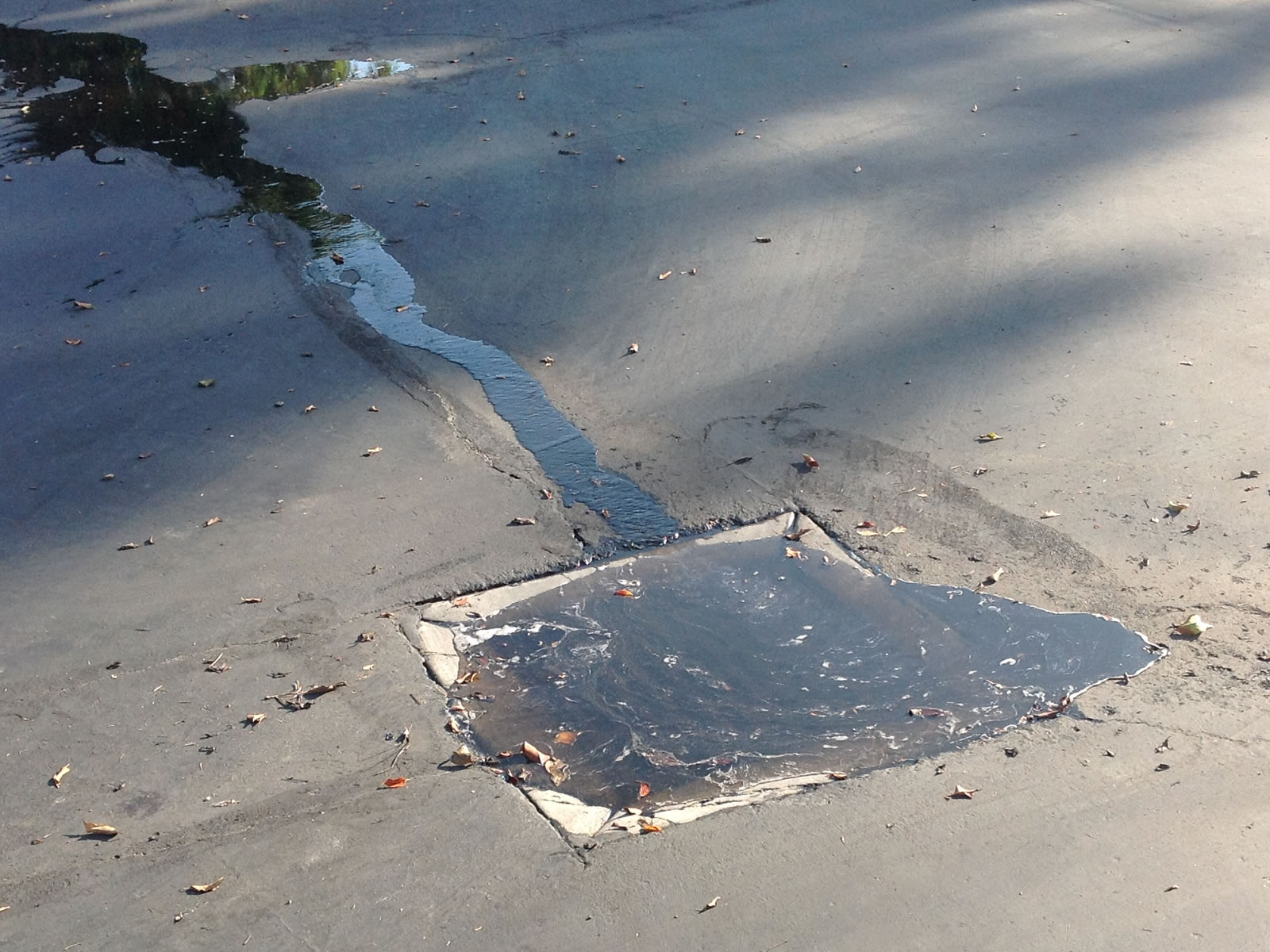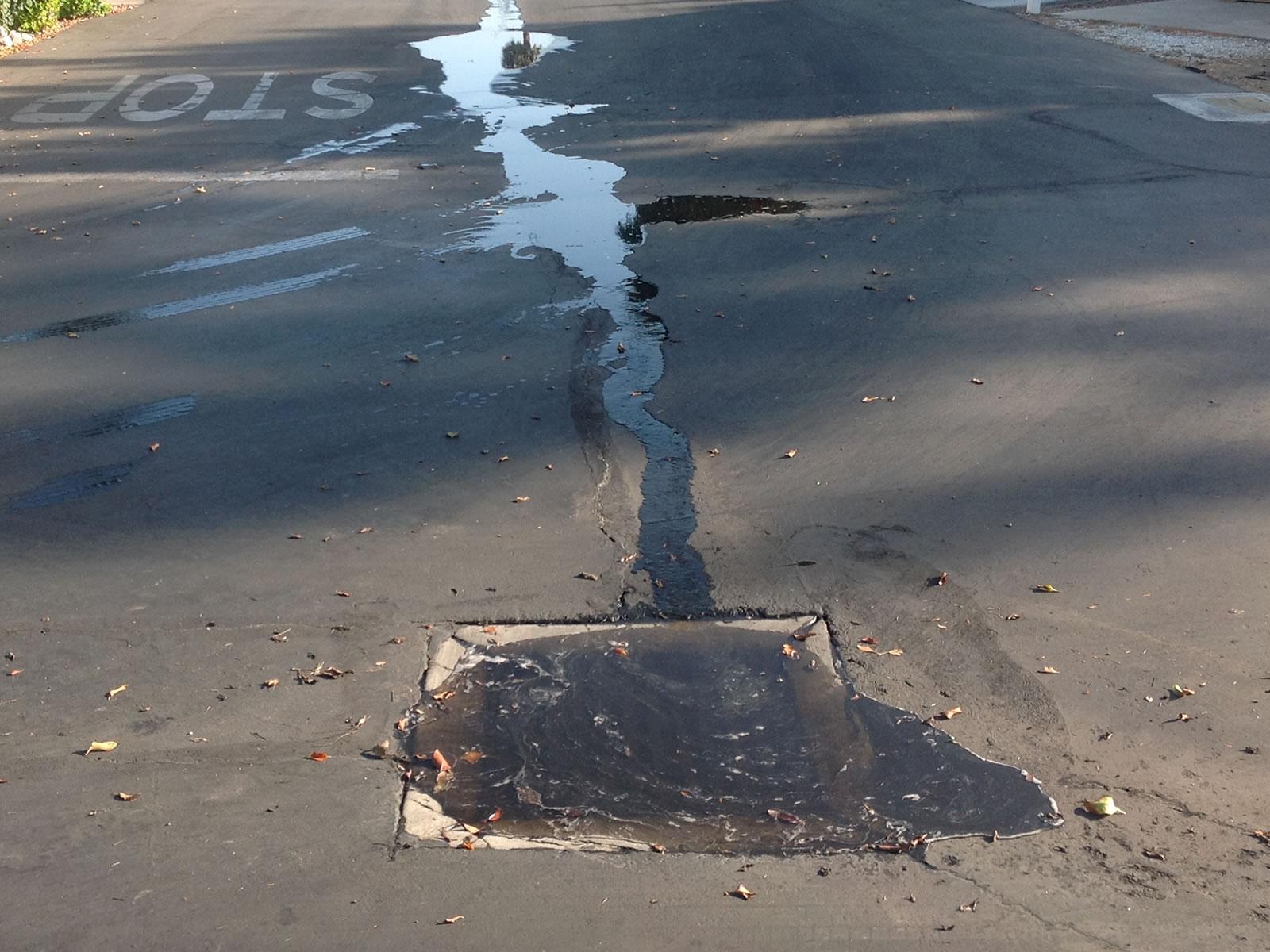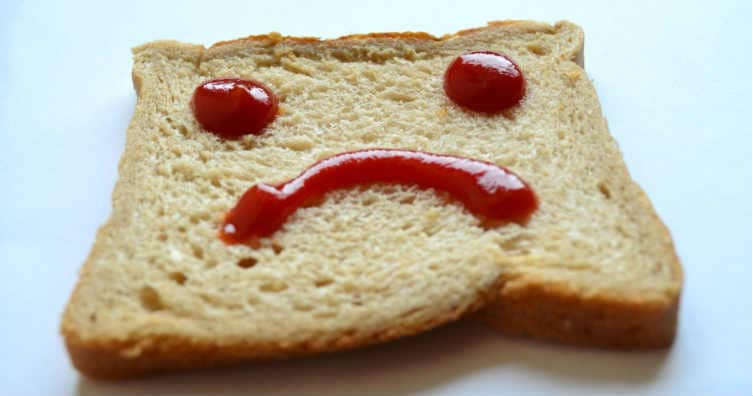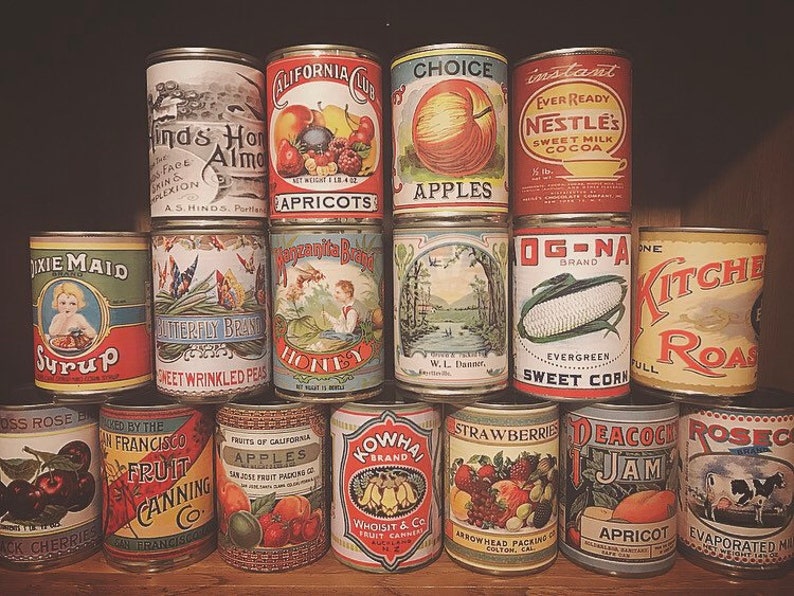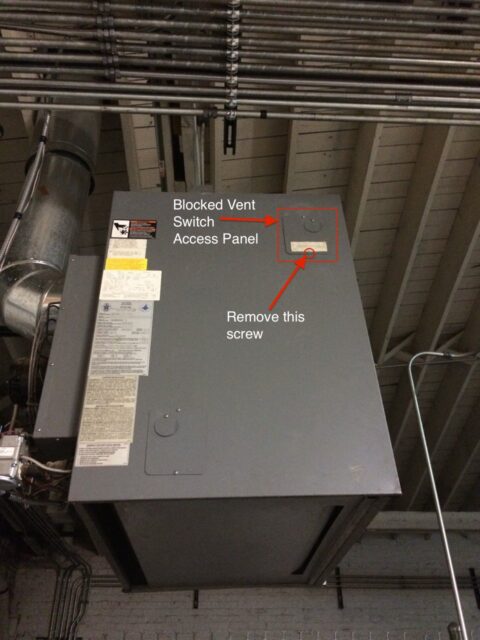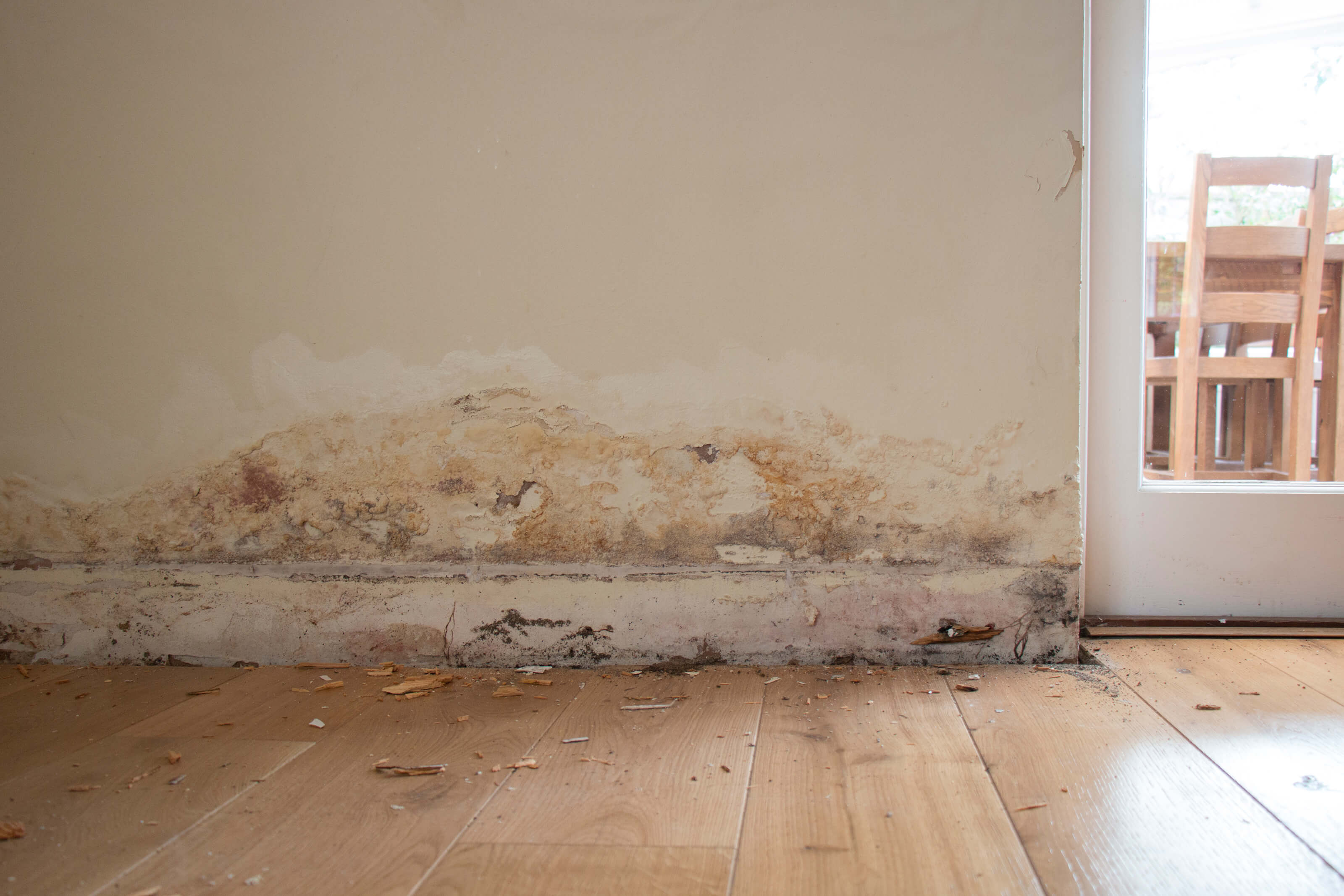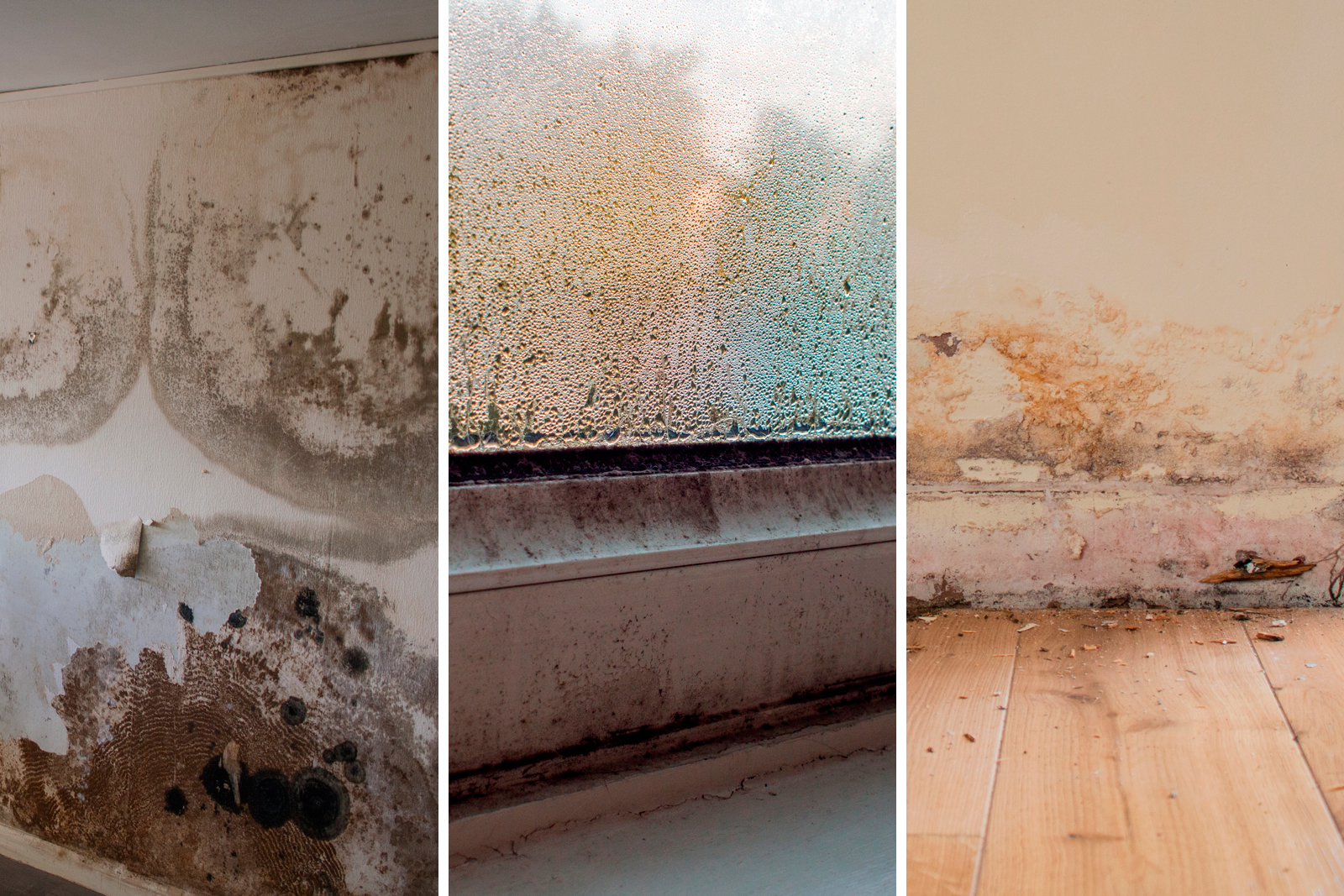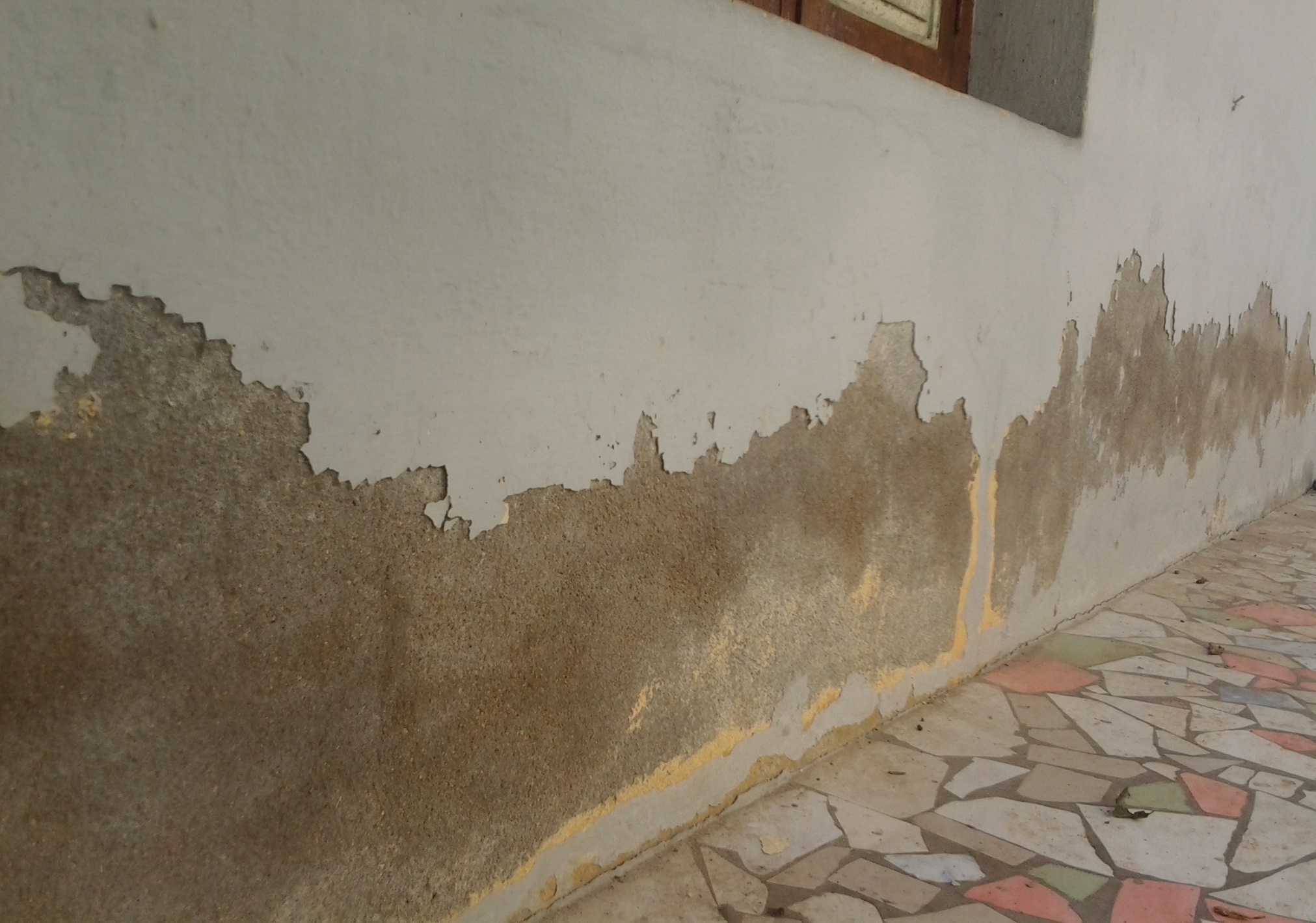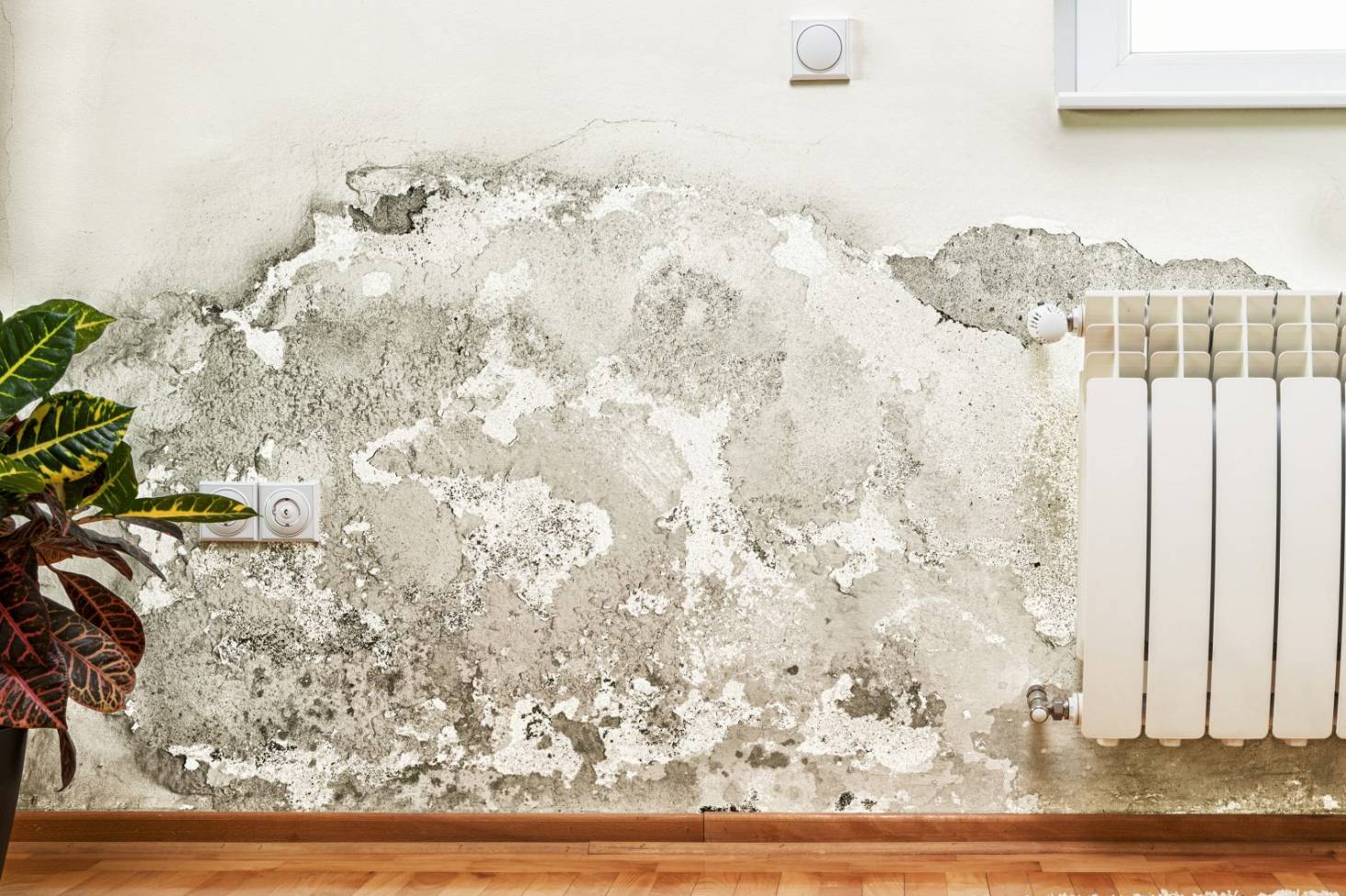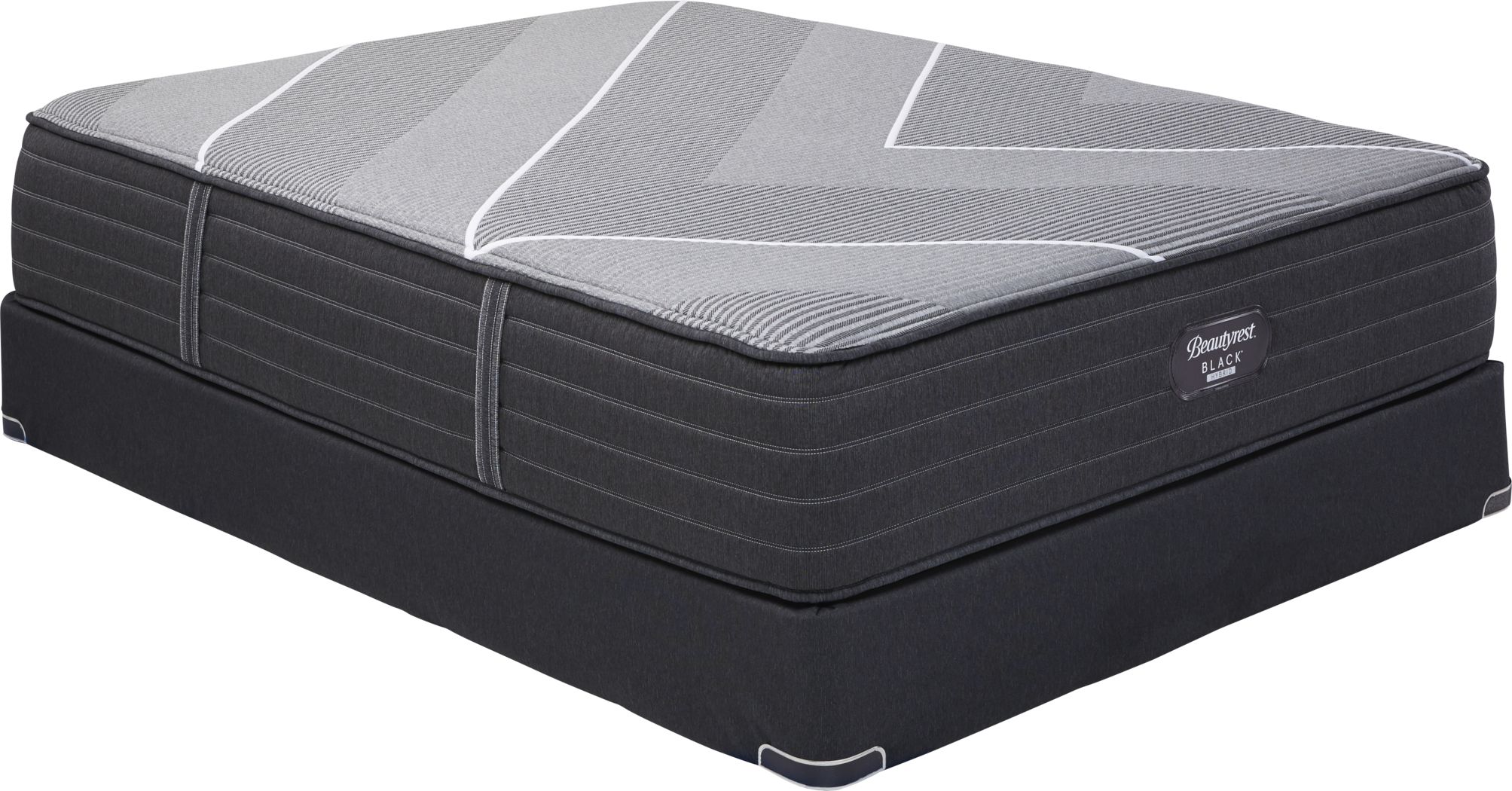One of the most common causes of an awful smell under the bathroom sink is the presence of mold and mildew. These microscopic fungi thrive in damp and dark environments, making the area under your sink a perfect breeding ground for them. Not only do they produce a musty odor, but they can also cause health problems such as allergies and respiratory issues. If you notice any mold or mildew growth under your sink, it's important to address it immediately to prevent further damage and eliminate the odor. 1. Mold and Mildew
Another potential culprit for a foul smell under your bathroom sink is sewer gas. This gas is produced by decomposing waste and can easily seep through cracks and gaps in your plumbing pipes. It has a distinct rotten egg smell that can quickly fill your entire bathroom. If you suspect that sewer gas is the source of the odor, it's best to call a professional plumber to locate and fix the issue. 2. Sewer Gas
A leaky pipe under your bathroom sink can also be the cause of an unpleasant odor. When water leaks from a pipe, it can create a stagnant pool of water that can become a breeding ground for bacteria and mold. Not only can this result in a musty smell, but it can also cause water damage and even structural issues if left untreated. If you notice any signs of a leak, such as water stains or dripping water, it's crucial to address it as soon as possible to prevent further damage and eliminate the odor. 3. Leaking Pipes
A clogged drain can also lead to an awful smell under your bathroom sink. When hair, soap scum, and other debris accumulate in your drain, it can create a foul odor. This is because the trapped particles start to decompose, releasing a stench that can quickly spread throughout your bathroom. To prevent this, make sure to regularly clean your drain and use a drain cleaner to remove any buildup. 4. Clogged Drain
If your bathroom sink cabinet is made of wood, it's possible that the wood has started to rot due to water damage. This can not only produce an unpleasant odor, but it can also weaken the structure of your cabinet. If you notice any signs of rotting wood, such as discoloration or soft spots, it's important to address it immediately to prevent further damage and eliminate the odor. 5. Rotting Wood
Standing water is another potential cause of a foul smell under your bathroom sink. This can happen if your sink is not draining properly or if there is a leak in your plumbing. The stagnant water can become a breeding ground for bacteria and mold, resulting in a musty smell. It's important to address the issue causing the standing water and clean and disinfect the area to get rid of the odor. 6. Standing Water
It's not uncommon for people to store cleaning supplies or household items under their bathroom sink. However, if any of these items contain food or food residue, it can quickly start to spoil and produce a foul odor. Make sure to always check the expiration dates of any products stored under your sink and dispose of any old or expired items to prevent an unpleasant smell. 7. Old Food
As unpleasant as it may sound, a dead animal can also be the cause of an awful smell under your bathroom sink. If a rodent or insect has made its way into your plumbing system and died, it can create a putrid odor that can quickly spread throughout your bathroom. If you suspect there may be a dead animal under your sink, it's best to call a professional to remove it and eliminate the odor. 8. Dead Animal
Your plumbing system relies on proper ventilation to function effectively. If the vent pipe connected to your bathroom sink becomes blocked, it can cause odors to linger and even lead to drainage issues. This can happen due to debris or even an animal nesting in the vent. If you suspect a blocked vent, it's best to call a professional plumber to address the issue and eliminate the odor. 9. Blocked Vent
Lastly, the overall dampness and humidity in your bathroom can contribute to an unpleasant smell under your sink. This can happen if your bathroom doesn't have proper ventilation, allowing moisture to accumulate. The excess moisture can lead to mold and mildew growth, causing a musty odor. To prevent this, make sure to use exhaust fans or open a window while showering to reduce humidity levels in your bathroom. In conclusion, an awful smell under your bathroom sink can have various causes, ranging from minor issues like a clogged drain to more serious problems like a leaky pipe. It's important to address the issue causing the odor as soon as possible to prevent further damage and eliminate the smell. Regular maintenance and proper ventilation can also help prevent these odors from occurring in the first place. Remember, if the source of the smell is not easily identifiable or cannot be fixed on your own, it's always best to call a professional for assistance. 10. Dampness
How to Get Rid of an Awful Smell Under Your Bathroom Sink

Identifying the Source of the Smell
 You walk into your bathroom and are immediately hit with a putrid smell. After a quick investigation, you realize that the source of the smell is coming from under your bathroom sink. The first step in getting rid of this awful smell is to identify what is causing it.
Bathroom sink smells
can be caused by a variety of factors such as
blocked pipes, mold, or a buildup of bacteria.
It is important to determine the root cause so that you can effectively eliminate the smell and prevent it from returning.
You walk into your bathroom and are immediately hit with a putrid smell. After a quick investigation, you realize that the source of the smell is coming from under your bathroom sink. The first step in getting rid of this awful smell is to identify what is causing it.
Bathroom sink smells
can be caused by a variety of factors such as
blocked pipes, mold, or a buildup of bacteria.
It is important to determine the root cause so that you can effectively eliminate the smell and prevent it from returning.
Clearing Blocked Pipes
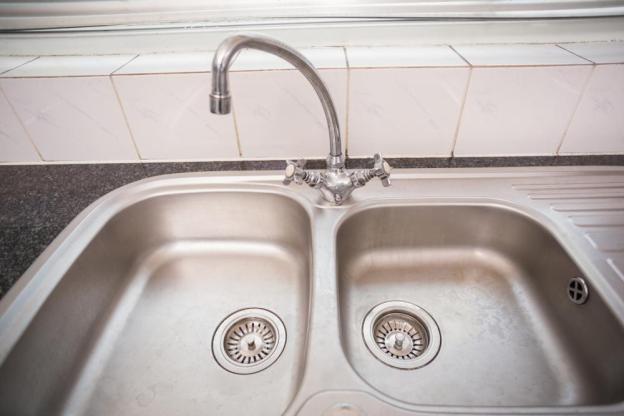 One of the most common causes of an awful smell under the bathroom sink is
blocked pipes.
Over time, debris and hair can accumulate in the pipes, causing a foul odor. To clear the blockage, you can try using a plunger or a drain snake. If these methods do not work, it may be necessary to call a professional plumber to fully clear the pipes. Once the blockage is removed, the smell should dissipate.
One of the most common causes of an awful smell under the bathroom sink is
blocked pipes.
Over time, debris and hair can accumulate in the pipes, causing a foul odor. To clear the blockage, you can try using a plunger or a drain snake. If these methods do not work, it may be necessary to call a professional plumber to fully clear the pipes. Once the blockage is removed, the smell should dissipate.
Removing Mold and Mildew
 Another cause of a foul smell under the bathroom sink is the presence of
mold and mildew.
These fungi thrive in moist environments, making your bathroom sink an ideal breeding ground. To get rid of
mold and mildew, clean the affected area with a mixture of water and white vinegar.
Allow the solution to sit for a few minutes before scrubbing and rinsing. You can also prevent mold and mildew from growing by ensuring that your bathroom is properly ventilated and keeping the sink area dry.
Another cause of a foul smell under the bathroom sink is the presence of
mold and mildew.
These fungi thrive in moist environments, making your bathroom sink an ideal breeding ground. To get rid of
mold and mildew, clean the affected area with a mixture of water and white vinegar.
Allow the solution to sit for a few minutes before scrubbing and rinsing. You can also prevent mold and mildew from growing by ensuring that your bathroom is properly ventilated and keeping the sink area dry.
Eliminating Bacteria Buildup
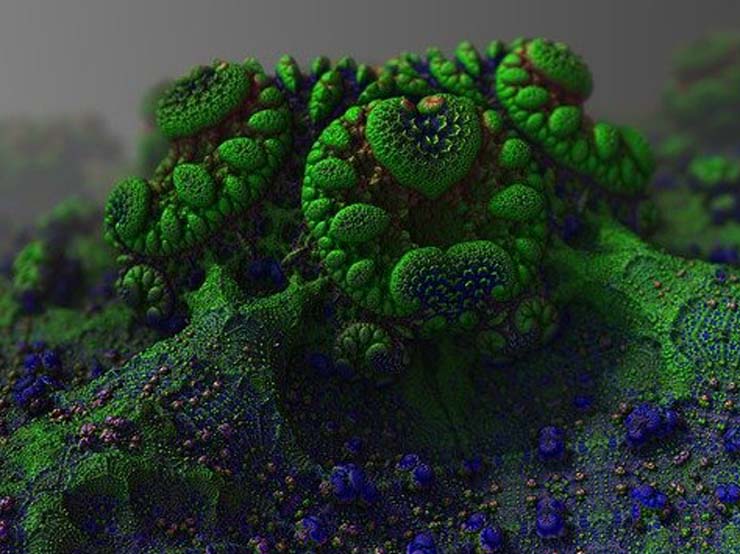 Lastly, the smell could be caused by a buildup of
bacteria.
The damp and dark environment under the bathroom sink is the perfect breeding ground for bacteria to flourish. To eliminate this odor, use a mixture of hot water and bleach to disinfect the area. You can also try using a bacteria-fighting cleaning product specifically designed for bathrooms. Regularly cleaning and disinfecting your bathroom sink can prevent bacteria from accumulating and causing unpleasant smells.
Lastly, the smell could be caused by a buildup of
bacteria.
The damp and dark environment under the bathroom sink is the perfect breeding ground for bacteria to flourish. To eliminate this odor, use a mixture of hot water and bleach to disinfect the area. You can also try using a bacteria-fighting cleaning product specifically designed for bathrooms. Regularly cleaning and disinfecting your bathroom sink can prevent bacteria from accumulating and causing unpleasant smells.
In Conclusion
 In order to get rid of an awful smell under your bathroom sink, it is important to identify the source of the smell and take the necessary steps to eliminate it. By clearing blocked pipes, removing mold and mildew, and eliminating bacteria buildup, you can have a fresh-smelling bathroom in no time. Remember to regularly clean and maintain your bathroom sink to prevent these odors from returning.
In order to get rid of an awful smell under your bathroom sink, it is important to identify the source of the smell and take the necessary steps to eliminate it. By clearing blocked pipes, removing mold and mildew, and eliminating bacteria buildup, you can have a fresh-smelling bathroom in no time. Remember to regularly clean and maintain your bathroom sink to prevent these odors from returning.




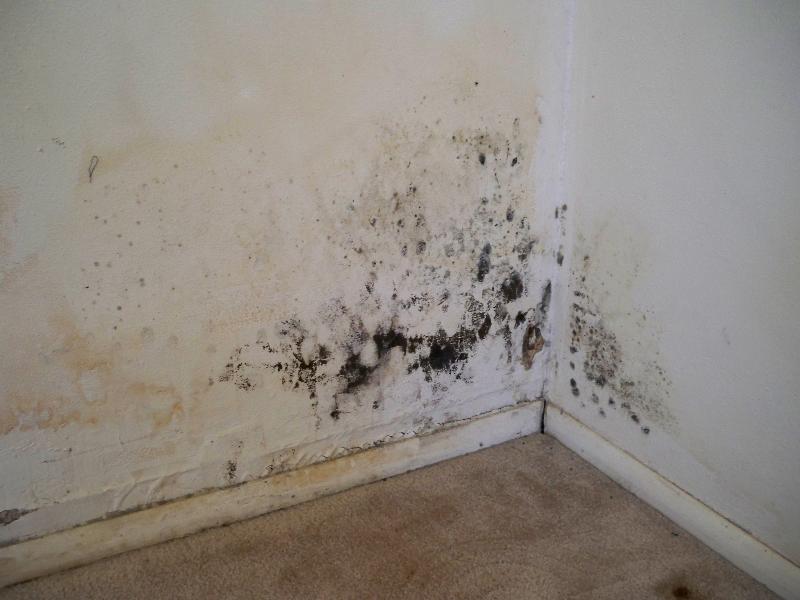



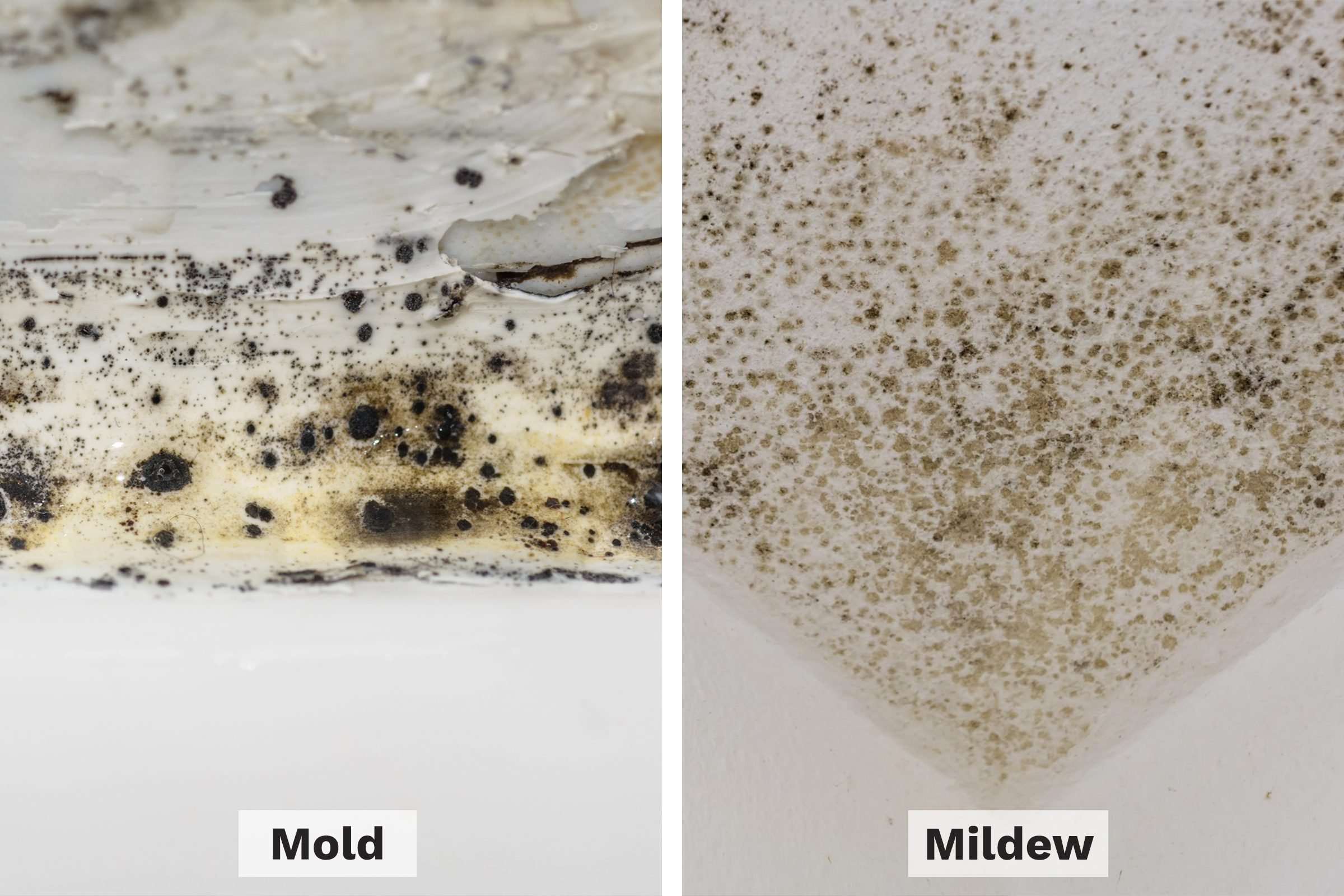

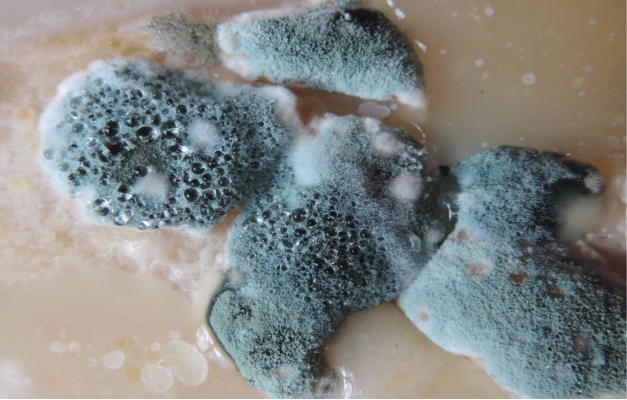
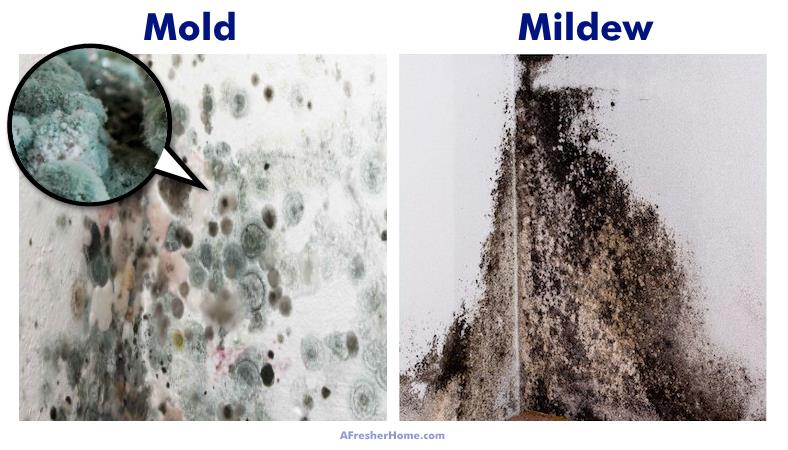
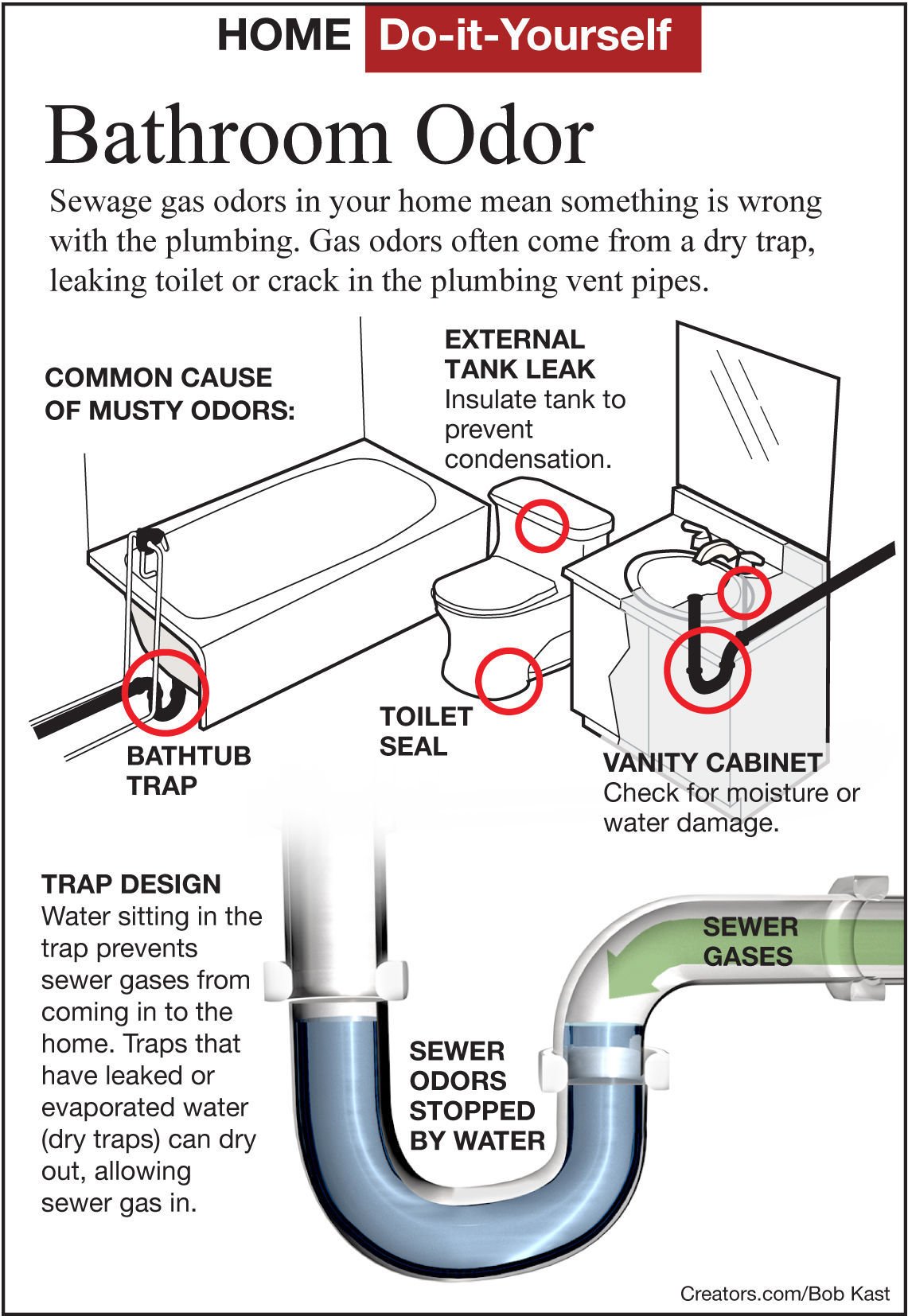

.jpg)




